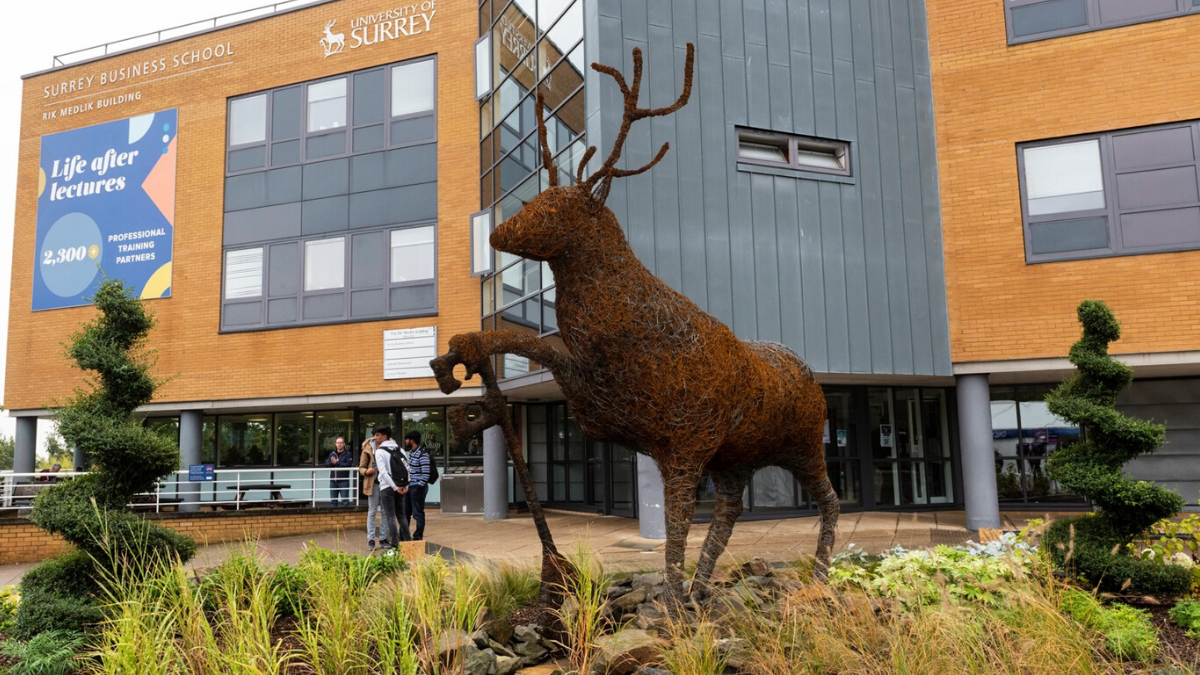Remote Simultaneous Interpreting: Current Practice and Future Research
The University of Surrey’s Centre for Translation Studies (CTS) held an expert meeting on Friday 31 January 2020 as part of a new series of events exploring the role of technologies in the future of human-centric approaches to Translation and Interpreting.

In today’s globalised economy, language support services are needed more than ever. Interpreting, as a type of oral translation, is rapidly changing following the evolution of real-time communication technology. Remote Simultaneous Interpreting (RSI), as a modality of distance interpreting, is becoming a reality, with significant socio-economic and environmental implications. A new generation of cloud-based interpreting delivery platforms is trying to recreate the interpreter’s work scenarios via ‘virtual booth’ offering audio/video input from remotely located delegates to a team of interpreters, who can themselves be situated remote from each other. From the perspective of service users, conferencing technology is now making it possible to listen to the interpretation via smartphone and apps rather than traditional headsets with infrared/radio transmitters.
In response to these developments, CTS hosted an expert meeting on RSI that brought together experts from the industry, academia and user communities to discuss this growing area. The inclusion of different stakeholders enabled a frank and fruitful discussion on RSI from different perspectives, e.g. RSI as a game changer: what are the main market-related, technology-related, quality-related, cognitive and ergonomic issues that RSI is likely to bring about from the perspective of different stakeholders; RSI as a double-edged sword: to what extent are current options appropriate and how can RSI be integrated with related technologies (e.g. computer-assisted preparation, automatic speech recognition, augmented reality); RSI as a future practice: how can the practice of RSI and related training (of interpreters, event organisers, and clients), guidelines and standards be shaped to ensure RSI finds a reasonable place in the landscape of professional interpreting; RSI as an area for collaboration: is the current level of collaboration between stakeholders sufficient, what benefits could arise from a closer collaboration, and how can different stakeholder groups and academic disciplines contribute.


